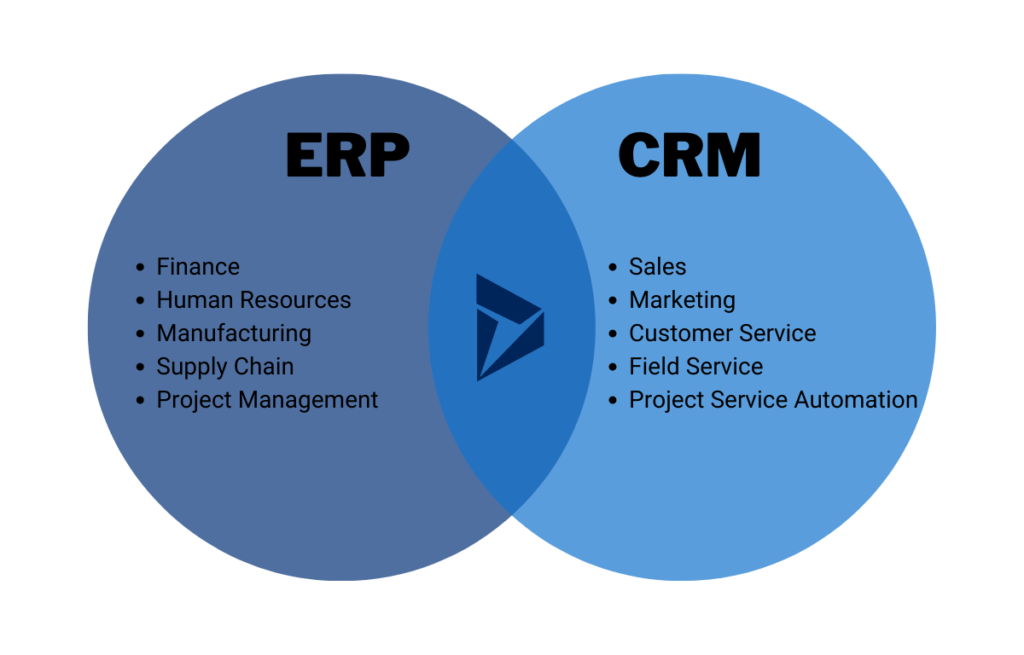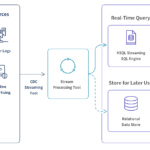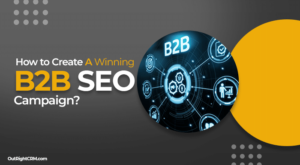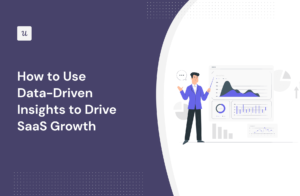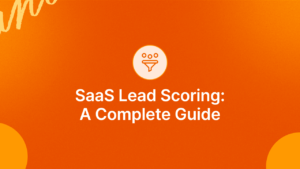ERP and CRM are key tools in modern business. Both systems are vital but serve different purposes.
Deciding between ERP and CRM can be confusing. ERP, or Enterprise Resource Planning, helps manage all your business processes in one system. CRM, or Customer Relationship Management, focuses on improving your interactions with customers. Understanding the differences between ERP and CRM is crucial for choosing the right tool for your business needs.
In this post, we’ll explore the main functions, benefits, and differences of ERP and CRM. By the end, you’ll have a clearer idea of which system suits your business best. Stay with us to make an informed decision.
Introduction To Erp And Crm
ERP and CRM systems are critical for business success. They help companies manage their operations and relationships. But, what do these terms mean? Understanding ERP and CRM can help you choose the right solution for your needs.
What Is Erp?
ERP stands for Enterprise Resource Planning. It integrates various business processes into one system. These processes include finance, HR, and supply chain management. ERP systems help improve efficiency and reduce costs. They provide real-time data that supports decision-making.
What Is Crm?
CRM stands for Customer Relationship Management. It focuses on managing a company’s interactions with customers. CRM systems track customer data, sales, and support. They help improve customer satisfaction and retention. With CRM, businesses can build stronger relationships with their clients.
Core Functions Of Erp
Understanding the core functions of ERP systems is crucial for modern businesses. An ERP system integrates various business processes into a unified system. This integration streamlines operations and enhances efficiency. Let’s explore the core functions of ERP, focusing on business process integration and supply chain management.
Business Process Integration
ERP systems bring all business processes into one platform. This integration includes finance, human resources, sales, and procurement. It ensures data consistency across departments. Employees access the same data, leading to better decision-making. Integration reduces errors and saves time. It also helps in automating repetitive tasks, increasing productivity.
Looking to expand your understanding of CRM and Customer Support? This article could be just what you need. Saas CRMs for Multilingual Customer Support: Boost Global Engagement
Supply Chain Management
ERP systems play a vital role in supply chain management. They help in managing inventory levels, ensuring stock availability. ERP systems track the movement of goods from suppliers to customers. They provide real-time data on inventory, orders, and shipments. This visibility helps in predicting demand and avoiding stockouts. Efficient supply chain management reduces costs and improves customer satisfaction.
Core Functions Of Crm
Understanding the core functions of Customer Relationship Management (CRM) systems is essential. These systems help businesses manage customer interactions efficiently. They offer several key functions that can enhance business operations.
Customer Relationship Management
CRM systems focus on improving customer relationships. They store and organize customer information. This includes contact details, purchase history, and communication records. This data helps businesses understand their customers better. With this insight, companies can provide personalized services. This leads to increased customer satisfaction and loyalty.
Sales And Marketing Automation
CRM systems automate sales and marketing tasks. This automation saves time and reduces errors. Sales teams can track leads and manage sales pipelines more efficiently. Marketing teams can automate campaigns and track their success. This ensures that the right message reaches the right audience.
Automated tasks include sending emails, scheduling social media posts, and generating reports. These functions help businesses stay organized. They also allow teams to focus on strategic activities. This increases productivity and improves overall business performance.
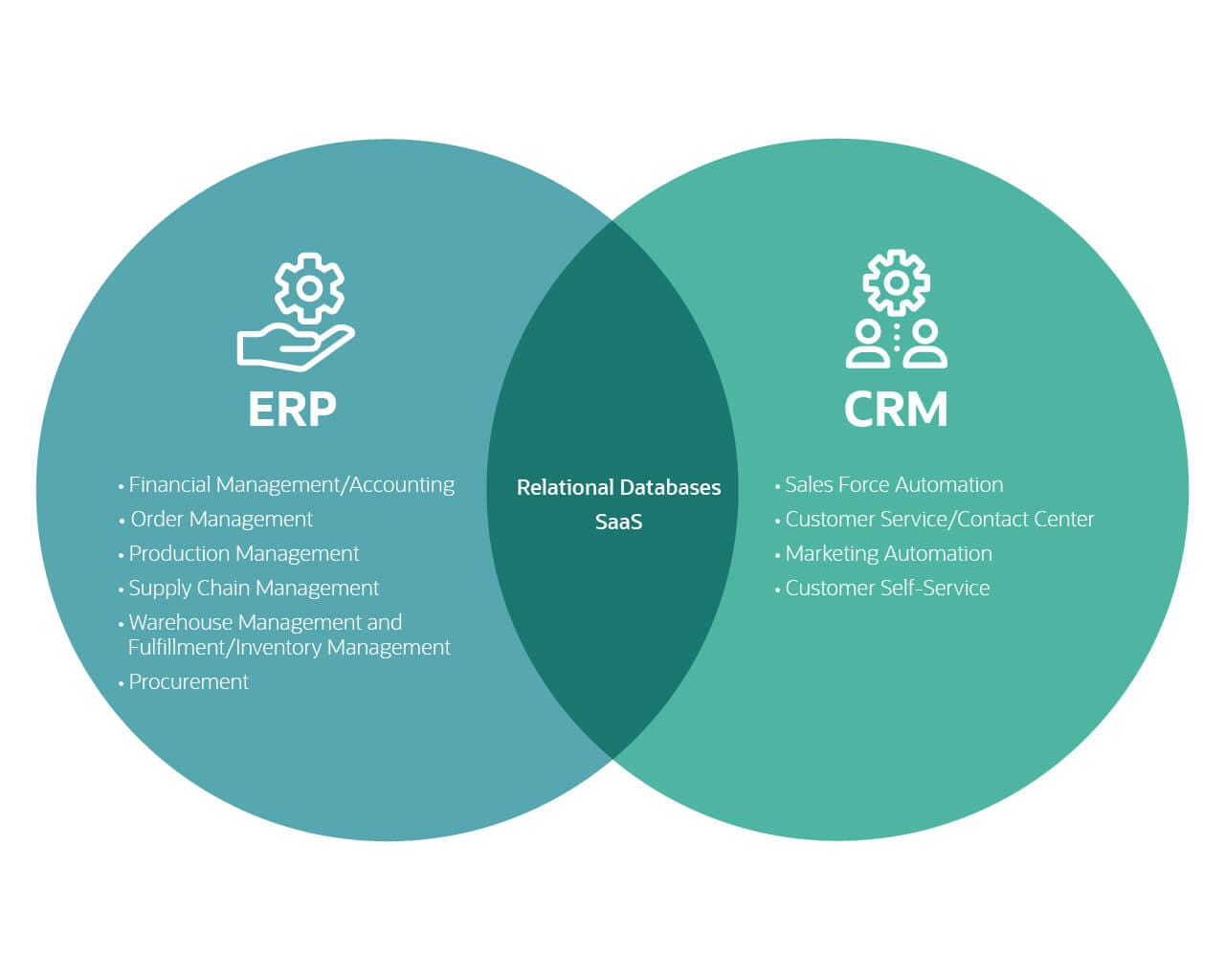
Credit: www.netsuite.com.hk
Key Differences Between Erp And Crm
Understanding the key differences between ERP and CRM helps businesses choose the right system. Both ERP and CRM systems are essential tools for business management. They serve different functions and focus areas.
Focus Areas
ERP, or Enterprise Resource Planning, centralizes business processes like inventory and finance. It aims to improve efficiency by integrating various functions. An ERP system manages resources, tracks production, and handles supply chain operations.
CRM, or Customer Relationship Management, focuses on customer interactions and relationships. It helps in managing sales, marketing, and customer service. A CRM system tracks customer data, sales leads, and communication history. It aims to improve customer satisfaction and sales.
Discover engaging insights on CRM and Customer Support by reading this featured article. Why Does Zoho CRM Have List Descending: Top Benefits Explained
Implementation Complexity
Implementing an ERP system can be complex and time-consuming. It requires significant customization to fit unique business needs. ERP systems often involve multiple departments and processes.
CRM implementation is usually less complex. It focuses mainly on sales, marketing, and customer service. CRM systems are often easier to set up and require less customization. They can be up and running quickly with minimal disruption.
Benefits Of Erp Systems
Enterprise Resource Planning (ERP) systems offer numerous benefits to organizations. These systems streamline processes, improve efficiency, and provide a single source of truth. Businesses of all sizes can gain significant advantages from ERP systems. Below, we explore some key benefits of ERP systems.
Operational Efficiency
ERP systems enhance operational efficiency by automating routine tasks. This reduces manual effort and minimizes errors. Employees can focus on more strategic tasks. Automated workflows ensure that processes run smoothly. This leads to faster and more accurate outcomes.
Data Centralization
ERP systems centralize data from different departments. This provides a unified view of business operations. All data is stored in a single database. This makes it easy to access and analyze information. Decision-makers can make informed choices based on real-time data.
Benefits Of Crm Systems
Customer Relationship Management (CRM) systems offer numerous advantages for businesses. They improve customer interactions and streamline sales processes. This leads to better customer satisfaction and increased sales performance.
Enhanced Customer Satisfaction
CRM systems store all customer information in one place. This makes it easy for staff to access important data. Quick access to data helps resolve customer queries faster. Fast and efficient service boosts customer satisfaction. A happy customer is more likely to be a loyal customer.
Improved Sales Performance
With CRM systems, sales teams can track leads and follow up effectively. Automation features remind teams to contact potential clients at the right time. This increases the chances of closing deals. CRM tools also provide valuable insights into customer preferences. Sales strategies can be tailored to meet customer needs better.
Explore the depths of CRM and Customer Support with this informative post. Real-Time Metrics Tracking for E-Commerce CRM Users: Boost Sales Now
Choosing Between Erp And Crm
Choosing between ERP and CRM systems can be a critical decision. Both systems offer unique benefits, but their purposes differ. Understanding your business needs and growth plans can guide this choice.
Business Needs Assessment
First, assess your business needs. ERP systems streamline core processes like finance, HR, and supply chain. They offer a unified view of operations. This integration helps in making informed decisions. On the other hand, CRM systems focus on managing customer relationships. They enhance sales, marketing, and customer service efforts. If your goal is to improve customer interactions, a CRM might be the better choice.
Scalability Considerations
Consider the scalability of each system. ERP systems can handle extensive operations and complex processes. They grow with your business, accommodating new departments and functionalities. CRMs also scale but are more focused on customer data and interactions. Think about your future growth plans. Will you need a system that supports broader business functions or one that excels in customer relationship management?
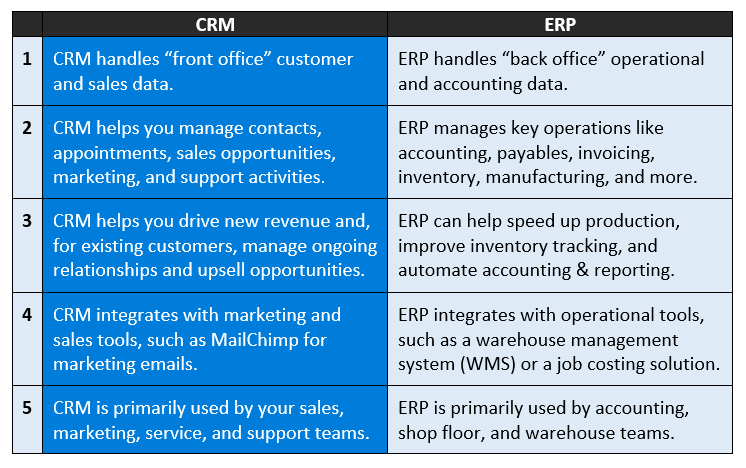
Credit: www.top-sage-resellers.com
Integrating Erp And Crm
Integrating ERP and CRM systems can transform your business operations. ERP, or Enterprise Resource Planning, handles backend processes like finance and supply chain. CRM, or Customer Relationship Management, focuses on front-end activities like sales and customer service. By combining both systems, you streamline workflows and enhance data visibility. This integration helps businesses improve efficiency and customer satisfaction.
Advantages Of Integration
Integrating ERP and CRM offers many benefits. Data synchronization is one of the key advantages. It ensures that all departments have access to the same information. This reduces errors and improves decision-making. Another benefit is enhanced customer insights. By combining CRM data with ERP data, businesses can get a complete view of their customers. This helps in understanding customer needs and preferences better.
Improved process efficiency is another significant advantage. Integration eliminates redundant data entry. It also automates many tasks. This saves time and reduces the risk of errors. Additionally, it leads to better collaboration between departments. With integrated systems, teams can work together more effectively. They can share information seamlessly and coordinate their efforts.
Challenges And Solutions
Integrating ERP and CRM also presents some challenges. One common challenge is data migration. Moving data from separate systems into one unified system can be complex. To tackle this, businesses should plan carefully. They should also use reliable data migration tools.
Another challenge is system compatibility. Not all ERP and CRM systems are designed to work together. To address this, businesses should choose systems that offer integration capabilities. They should also consider using middleware. Middleware can help bridge the gap between different systems.
User training is another critical aspect. Employees may need training to use the integrated system effectively. Providing comprehensive training sessions can help. It ensures that employees are comfortable with the new system.
Future Trends In Erp And Crm
ERP focuses on streamlining internal processes, while CRM aims at improving customer relationships. Future trends will see these systems integrating more seamlessly, offering businesses enhanced efficiency and better customer insights.
The future of ERP and CRM systems holds exciting possibilities. Businesses see the benefits of these tools in streamlining operations and improving customer relations. New trends are shaping how companies use ERP and CRM systems. Let’s explore the future trends in these vital business tools.Ai And Automation
AI and automation are becoming integral to ERP and CRM systems. They help businesses save time and reduce errors. Automated processes handle repetitive tasks efficiently. AI provides insights from data that humans might miss. Smart algorithms predict customer behavior and market trends. This helps companies make better decisions. AI also improves customer service. Chatbots answer common questions quickly. Customers get help without waiting for a human agent.Cloud-based Solutions
Cloud-based solutions are transforming ERP and CRM systems. They offer flexibility and scalability. Businesses can access data from anywhere. This is crucial for remote work environments. Cloud solutions reduce the need for expensive hardware. They also offer better security features. Data backups and disaster recovery plans are easier to manage. Cloud providers often update their systems regularly. This means businesses always have the latest features. Overall, cloud-based ERP and CRM systems provide a cost-effective solution. They help businesses stay competitive in a fast-changing market.
Credit: www.zendesk.com
Frequently Asked Questions
What Is The Difference Between Erp And Crm?
ERP manages back-office processes, while CRM focuses on customer relationships. ERP integrates various business functions. CRM improves customer interactions and sales.
Can Erp And Crm Be Used Together?
Yes, ERP and CRM can be integrated. Together, they streamline operations and enhance customer satisfaction. This integration improves efficiency.
Which Businesses Need Erp Systems?
Large and medium-sized businesses benefit from ERP systems. They help manage complex operations and improve productivity. Small businesses can also benefit.
Is Crm Software Beneficial For Small Businesses?
Yes, CRM software helps small businesses. It improves customer management and boosts sales. It also enhances customer service.
Conclusion
Choosing between ERP and CRM depends on your business needs. ERPs manage operations, inventory, and finances. CRMs focus on customer relationships and sales. Evaluate your goals and challenges. Consider both short-term and long-term benefits. Small businesses might benefit more from a CRM.
Larger companies often require ERP systems. Assessing your requirements ensures the best fit. Remember, both tools can work together. Integrated solutions offer comprehensive benefits. Make an informed decision for business success.

